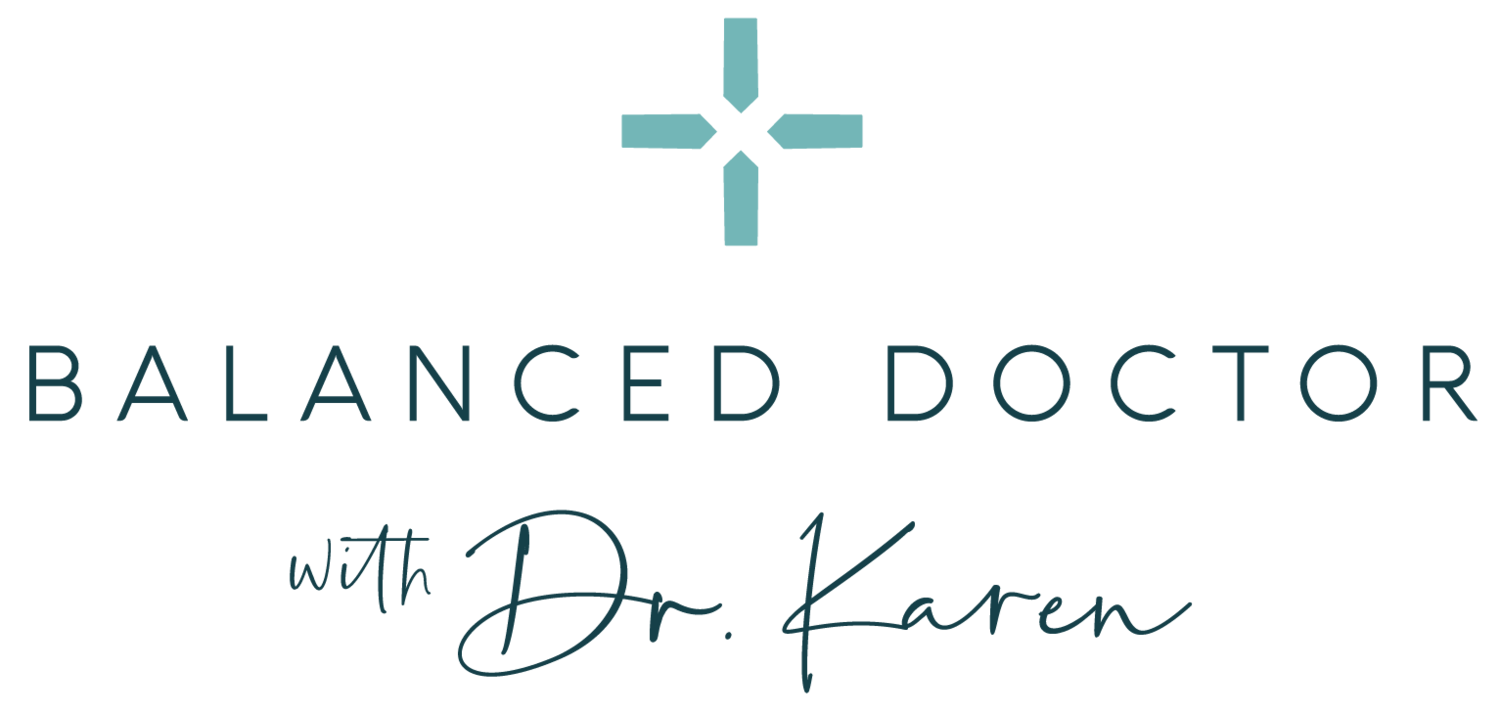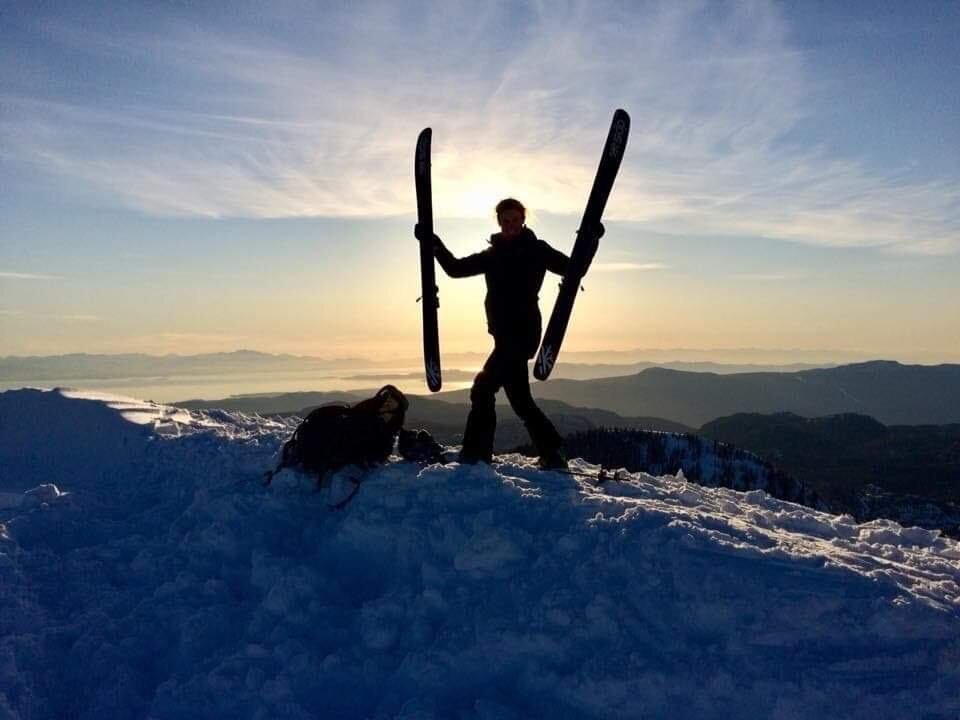Doctor & More Interview Dr Lindsay Rawling - Pediatric Anesthesiologist
I’ve known Lindsay since childhood. We both attended Leeds Girls’ High School and she was in the same grade as my sister Anna. Both Lindsay and my sister went to Medical School at Newcastle University and were 2 years my junior while I was at Newcastle Dental School. Anna and Lindsay were my housemates whilst I was sitting my finals.
As far back as I can remember Lindsay has shown determination and commitment to whatever she does while always smiling! I remember what an incredible tennis player she is and how she juggled med school and lots of competitive tennis! So it’s my pleasure to chat with Lindsay and share with you all about how she is a doctor and much more!
Karen: What does being a physician mean to you?
Lindsay: The chance (and privilege) to do meaningful and purposeful work which is necessary and makes a difference. My specialty in pediatrics allows me to make the pathway for the surgical care of children as pleasant as I can. On a personal level, I like a challenge and this career constantly provides this and humbles me on a daily basis. I strive to be the best I can, in this challenging field and learn from those around me.
Anesthesia suits my intellectual curiosity and my introverted personality. It provides many avenues to explore also: a range of leadership opportunities in addition to the clinical work; teaching opportunities and management. I cannot imagine doing anything else at this point although it does consume my life.
Karen: What are your passions away from medicine?
Lindsay: I am an avid tennis player, cyclist and skier. I love nature and being active. It helps me decompress and cope with the challenges of my work. After going on a long bike ride, I intend to think things over but usually I come in from a ride feeling refreshed but just being focused on the beauty on the rides. I used to compete in sport and I still do some competing in tennis and cycling but nowadays I prefer to just use my recreational time to relax and am starting to move away from the competition.
I also enjoy music and play the piano and clarinet. I love reading and listening to podcasts (mainly the motivational genre and personal growth such as Rich Roll). I also enjoy spending time with my friends who in the main are non-medical which is a breath of fresh air.
Karen: Do you have any tips on how to combine work and leisure?
Lindsay: I have always found this a difficult balance, mainly as in order to compete at a high level in sport, it requires dedication as does medicine. Maintaining the dedication and work ethic in both medicine and sport has always been a challenge for me and requires a lot of discipline and time management. Like everyone, it is difficult to find the time to relax. Thankfully, sport still serves as an outlet of relaxation for me.
My tips would be:
Assign a time for work assignments: study/e-mails. In the main I do all work in my workplace and try not to bring it home. If I have to work from home I set a timer, turn my phone to ‘do not disturb’ and just get on with it. It usually gets better after the first 10 mins (much like setting off on a run/bike!)
Just now I am studying for a board exam and have disabled all social media. I think it is a time sink. There are a lot more soulful things to do with my time I find. There is a really great book by Cal Newport about ‘digital decluttering’ and I have definitely done this. I don’t get alerts/notifications to my phone. Using these methods I have found I have improved my ability to think deeply. When I get in from work, I usually put my phone in a drawer and ignore it. This way, I think perhaps I can be more focused when I work and therefore have more time for other activities.
I think my sport makes me a better physician/friend/colleague and I prioritise it. I schedule the week to try and get balance. I find with the nature of my work and the demands on my time, often combining a cycle as a commute home from work is a great time management plan to combine a work day and sport.
I try to meal prep on a weekend so that through the week I can focus on work/leisure and nutrition is easier. I also get home food delivery.
I get up early; 6am and either exercise or work. I am trying to shift this even earlier.
I try not to over commit and say no. These two things I struggle with however.
Karen: What is your favourite thing to do at home?
Lindsay: Play and listen to music and read. I have recently really started to enjoy cooking non-processed meals.
Karen: What is your favourite thing to do at work?
Lindsay: I like doing idiopathic/neuromuscular spinal scoliosis anesthesia. It is long surgery and can be challenging; big fluid shifts; sometimes we have to ventilate on only one lung to assist surgical access to the spine. The motor and somatosensory potentials are monitored to assess spinal cord function during the surgery and so I cannot use any drugs that interfere with these. It requires a lot of vigilance on my part. I also enjoy the challenge of neonatal anesthesia. The smallest neonate I have anesthetised was 650g. Peds anesthesia is amazing as my specialty is kids but I get to anesthetise every surgical specialty. It is a difficult craft to master!
I like also interacting with the whole team; nurses and my colleagues. My hospital is an absolute joy to work in.
Karen: If you had a bonus day free from all commitments and responsibilities, you were fully rested and could do anything you wished, what would you do?
Lindsay: Probably go on a long bike ride into the mountains, followed by a swim in the ocean and a beer with my friends! Luckily, I live this day a lot!
Karen: What advice would you give to your younger self?
Lindsay:
● Have less, do more, be more.
● Allow myself to fail more easily, failure is growth. I have failed a lot of times in my life and will continue to do so.
● Accept and learn from criticism
● I would tell myself to be more compassionate and patient with myself
● Give myself the opportunity to do what I never thought I could do.
● That oftentimes you don’t have to be the smartest in the room or the most talented in sport to do well. You just have to have a good work ethic and be prepared to fail again and again and again!
● To constantly push my comfort zones.
● To speak less and listen more.
Karen: Tell me a bit about the places where you have lived and worked. Where is your favourite place to be?
Lindsay: I grew up in Ilkley in Yorkshire. I have worked in Newcastle, Oxford and Leeds in the UK. I now live and work in Vancouver. Without a doubt, Vancouver is a dream for me. I had a huge affinity for it as soon as I arrived and did everything I could to get back. It has been immense hard work to be here on my part but I am grateful for where I live every day.
Ilkey Moor, West Yorkshire - close to where Lindsay and I both grew up!
Karen: Have you learnt anything about yourself over the course of the pandemic?
Lindsay: I am not afraid to step up and did offer to re-locate to intensive care if required. You don’t expect to be ‘on the front lines’ as an anesthesiologist but there we were! It is nice that an anesthesiologist made the cover of the New York Times!
We are so undervalued on TV programmes whereas in reality if you are critically ill or need surgery; one of the most vital people is the anesthesiologist. I had been studying for exams leading up to the pandemic so in many ways I had been quarantined for 8 months prior anyway! On a deeper level; it makes you appreciate how fragile the life of a human is.
Karen: What are the biggest differences between medicine in the UK vs Canada?
Lindsay: The culture is different; the changes are subtle but they make a big difference. Drug availability is different. In the UK, doctors are not treated well; I would say I worked at least 10 hours free every week in the UK and overnight work was paid extremely poorly. The opposite is true in Canada: I am treated extremely well and re-numerated appropriately. As a result, I have found a passion and dedication for my career which I struggled to find in the UK. In Canada, I feel I can thrive; in the UK, I was constantly fighting burn-out. I found anesthesia training in the UK exhausting and made me constantly question my career choice. I am glad I stuck it out.





